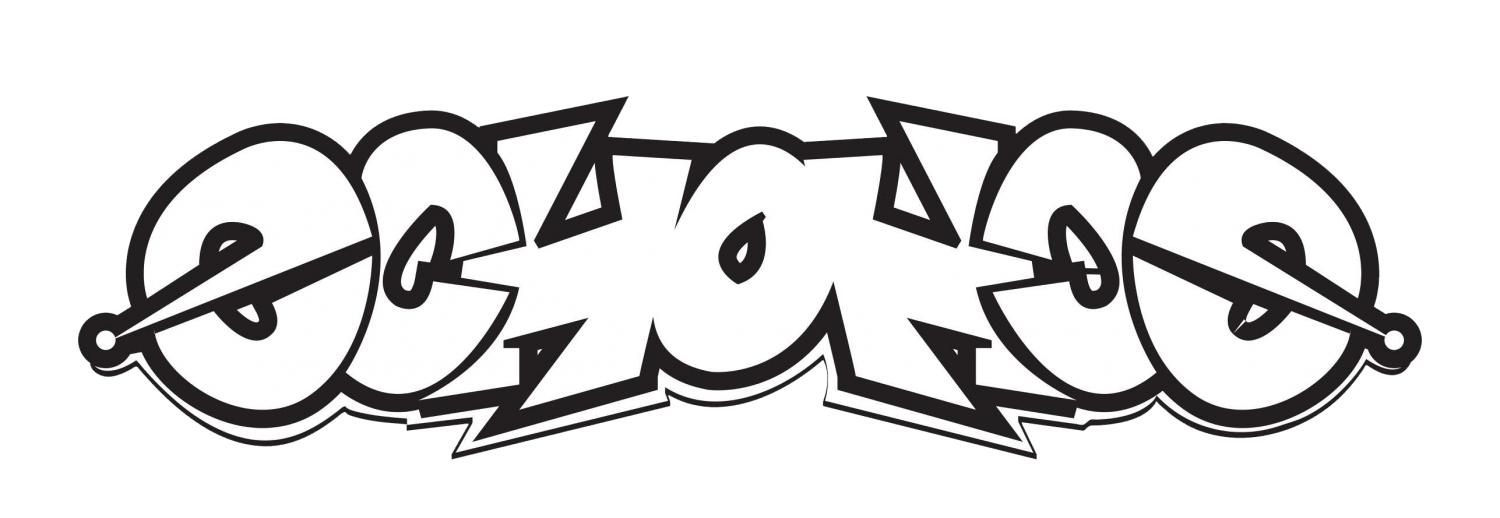http://blog.ted.com/2012/02/28/creating-a-world-of-abundance-peter-diamandis-at-ted2012/
Photo: James Duncan Davidson
Chris Anderson comes on stage to acknowledge that the TED stage is more often the domain of the techno-optimist than the doomer. So, in somewhat stark contrast with Paul Guilding, the founder, chairman and CEO of the X Prize Foundation, Peter Diamandis now takes the stage.
Diamandis starts off his talk with some fast-cut clips of “crisis! Death! Disaster!” he’s collected from the last six months. The news media, he says, preferentially presents us with negative stories, because that’s what we pay attention to. And there’s a reason for that: since nothing is more important than survival, the first stop for all this awful information is the amygdala, the human early warning detection system that looks out for things that might harm us. In other words, we’re hard-wired to pay attention to the negative, dark side.
“So it’s no wonder that we’re pessimistic. it’s no wonder that people think the world is getting worse.” But Diamandis didn’t co-found Singularity University on a mere whim. From here, he swings into his more usual, optimistic mode: “We have the potential in the next three decades to create a world of abundance [the theme of Diamandis’ recent book.] I’m not saying we don’t have our set of problems; we surely do,” he says. “As humans we’re far better at seeing the problems way in advance. Ultimately, we knock them down.”
Diamandis runs through some stats from the last century to show how things have improved for humankind. And he outlines some of the extraordinary advances made, particularly within the technological realm. After all: ”The rate at which technology is getting faster is itself getting faster.” And based on the likes of Moore’s Law ride some incredibly powerful technologies, not least robotics, 3D printing, artificial intelligence and nanomaterials.
Now, some stories:
Energy
Napoleon III once invited the King of Siam to dinner. Napoleon’s troops ate with silver utensils; Napoleon ate with gold utensils; the King of Siam used aluminum utensils–precisely because at that time, aluminum was the most valuable metal on the planet. It was only with electrolysis that the metal became cheap. Similar moves are happening in energy in our current times; solar energy, for instance, is now 50% of the cost of diesel in India.
Water
We talk about water wars. And yet we fight over 0.5% of the water on the planet. Diamandis talks of Dean Kamen’s Slingshot device, which can generate 100 liters clean water from any source. Coca Cola is apparently going to test this in the field soon–with a view to deploying it globally. Given how much water that company consumes, this is a big deal. Or, as Diamandis puts it, “this is the kind of innovation empowered by this technology that exists today.”
Health
Diamandis talks of the recently-announced Qualcomm Tricorder X Prize, challenging teams to incorporate medical diagnostic tools into a mobile device. “Imagine this device in the middle of the developing world,” he says, starrily. What of the potential of someone swabbing an unrecognized disease, calling it into the CDC and preventing a pandemic? Heady stuff.
Population
“The biggest protection against the population explosion is making the world educated and healthy,” says Diamandis, detailing that 5 billion people will be connected online by 2020. “What will these people want and desire?” And why wouldn’t that cause an economic injection rather than an economic shutdown? Why won’t they be healthier through the use of the Tricorder, better educated because of the likes of Khan Academy or using 3d printing to be more productive than ever before?
Diamandis finishes off by recounting the story of Fold It, the science game from the University of Washington that beat all the supercomputers to find the needed answers. Who was the best folder? A woman from Manchester, an executive assistant at a rehab clinic by day, by night the world’s best protein folder. That could only happen in our modern, connected world. “The one thing I’ve learned at X prize,” he concludes. “Small teams driven by passion with cold focus can do extraordinary things.”

